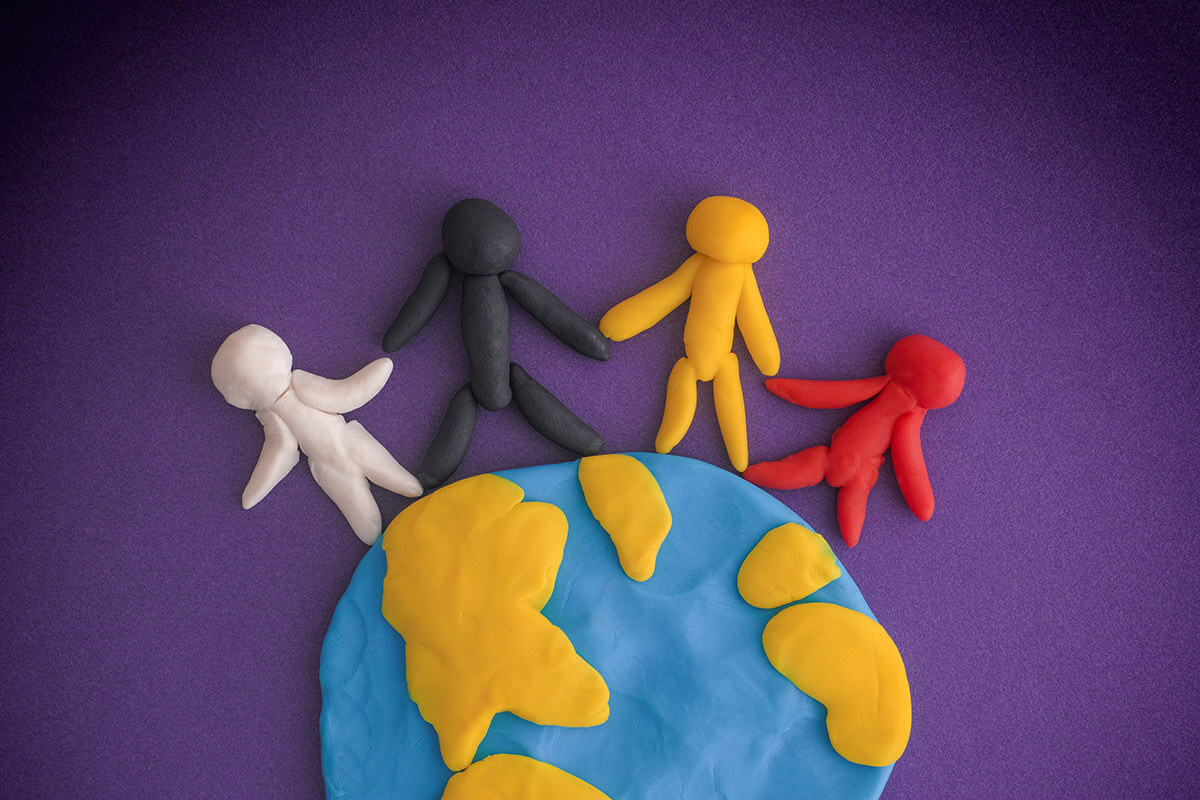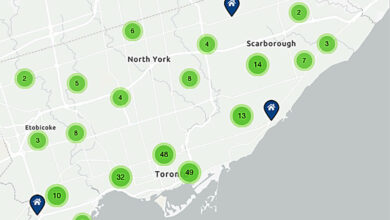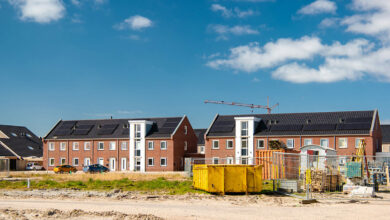“We should expect the situation in Gaza to worsen much more before it gets anything like better” – Adam Muller
The conflict between Israelis and Palestinians has been going on for seven decades, marked by dissent between Hamas and the rest of Palestine and also by serious violations of the Geneva Convention. At the root of this seemingly never-ending war is Israel’s desire to guarantee its security in a region it has long considered hostile, as opposed to Palestinian aspirations to have a state of their own.
In the surprise attack on October 7, dubbed Operation Al-Aqsa, armed militants from Hamas – the largest of Palestine’s many Islamic militant groups, which has controlled the Gaza Strip since 2007 and preaches the destruction of Israel – invaded dozens of Israeli towns, military bases and a music festival, leaving behind a trail of destruction and death.
To get a better understanding of the background to this event, which has already been called “unprecedented” and one of the country’s biggest security failures in 50 years, and what we can expect in the future, we spoke to Adam Muller, Professor and Director of the Peace and Conflict Studies program at the University of Manitoba.
Milénio Stadium: Knowing the historical background of this Israel/Palestine conflict, what is different about this rekindling of the conflict with the active participation of Hamas?
Adam Muller: The main thing that is different about this particular war is that it follows from puncturing Israelis’ sense that they can guarantee their own territorial integrity and easily manage external military threats. The invasion by Hamas has thrown into relief a large number of security failings in the Israeli defense scheme, and given what’s at stake, the realization of these failures has intensified the Israelis’ fear and anger about how the country is being managed. From Hamas’ perspective this conflict also could signal the death of their organization. It seems unlikely that the Israelis will allow anything like a pro-Hamas administration to run Gaza after the hostilities cease. What then is that group’s future? This is not a question Hamas has really had to face during prior battles with Israeli forces.
MS: How was it possible, in your opinion, for Hamas to “invade” Israeli territory? How could Israeli security and intelligence not have been able to predict this attack?
AM: There was a kind of laxness that over years had crept into the Israeli defense posture along Israel’s border with Gaza. Since the initial assault we’ve become aware that surveillance balloons supposedly monitoring border security were inoperable, and other technology was either faulty or not being watched. Plus the Hamas attack took place on the weekend of a major Jewish religious festival Sukkot, when the country and its military forces were distracted. This shouldn’t take away from the fact that the attack was very carefully planned by Hamas, and designed around the predictability of certain kinds of Israeli military responses to incursions from Gaza, particularly missile strikes.
MS: Egypt has since stated that it warned the Israelis about the risks of possible acts of violence and a US congressman, Michael McCaul, even said that the African country had warned Israel about the attack “three days before” it happened – why was this warning not taken into account?
AM: We don’t yet have a full picture of the reasons behind Israel’s security failings. Yes, there was a warning from Egypt about an imminent Hamas attack, but we don’t know yet how many other warnings there have been that turned out to be false, and what other intelligence was bundled with the Egyptian warning, and how it was all managed. Once we do, we should know what went wrong.
MS: In society, there are those who take one side or the other – obviously for different reasons. There are, however, extreme positions that lead to fears about what might happen, for example here in Canada, where there have already been demonstrations in opposite directions and where there are reports that, particularly in universities, there are those who say they fear what might happen. What could actually happen in your opinion?
AM: I think that what will certainly happen is more of what we’ve already seen happen, namely a worsening of intergroup relations here in Canada and abroad. This will be the situation not just on university campuses, but everywhere in our public life. The signs of this worsening will be an increase in hate speech and actions, and the continuing rise of antisemitism and islamophobia. We’ve already seen a six-year-old child murdered for being Muslim this past weekend in the US by an elderly man furious about Hamas’s invasion of Israel. Unless we take more responsibility at all levels of Canadian life – locally, provincially, regionally, nationally – we risk serious harms worsening an already highly fraught situation.
MS: The Palestinian people were already living in poor conditions – often in extreme poverty – and now their access to essential goods and services (such as food, electricity, water and even health) is being cut off. Some people are already talking about an imminent genocide. What is your opinion on this?
AM: I think we can talk about the injustice of the conditions of life being experienced by ordinary Palestinians in Gaza without at the same time evoking the spectre of genocide. Yes, conditions for the 2.3 million residents of Gaza were awful prior to Hamas’s actions. Over 1.4 million of Gaza’s residents are refugees, and because of Israel’s sanctioning of Hamas these residents have been denied access to many basic goods and services for years. And nearly 40% of Gaza’s population is under the age of 16, and so are legally children. It’s not clear that Israel has as one of its objectives in Gaza the destruction of all group life there. Instead it seems most concerned with eliminating Hamas and making it impossible for the group to launch an offensive war against Israel ever again. Since genocide is specifically the crime of attempting to destroy, in whole or in art, a group’s life (and is not the crime of trying to kill or displace large numbers of people), I don’t believe it is the correct term to describe what’s going on in Gaza.
MS: What can we expect as this bloody conflict unfolds? What will be achieved (and lost…) by this war?
AM: Basically, I think that we should expect the situation in Gaza to worsen much more before it gets anything like better. In the coming days and weeks we will see:
• The commencement of the IDF incursion into Gaza
• A worsening of the humanitarian situation, and more sharing of stories of brutality and suffering
• A possible widening of the conflict into a regional war
• More Canadian domestic social division
• A rise in Islamophobic and antisemitic hate crimes here in Canada and around the world
What we risk losing through a lengthy and especially bloody, especially one involving the deaths of many noncombatants, is any chance of building sustainable peace following the cessation of formal hostilities.
MS: Could the security of the Jewish and Palestinian communities in Canada be compromised in any way? Is there a risk of attacks against Jewish and Palestinian communities in the rest of the world?
AM: Yes. The situation in Gaza is very delicate, and people’s feelings are raw. It will not take much to set individuals and communities violently against one another. We’re already seeing increased levels of tension and aggression during conflicting protests on university campuses. And this weekend near Chicago in the US a 71-year-old man was charged with murder and a hate crime for fatally stabbing a six-year-old boy and seriously wounding his 32-year-old mother, merely because they were Muslim. With more conspicuous civilian suffering caused by a ground war in Gaza, we should expect more extreme rhetoric and actions by partisans from both sides of the conflict.
Inês Barbosa/MS









Redes Sociais - Comentários